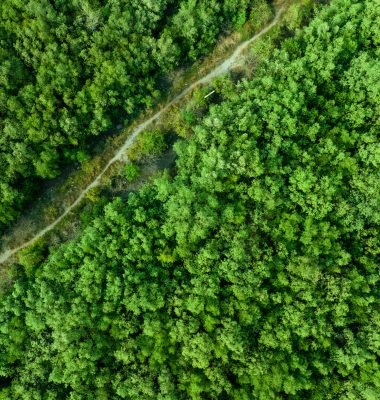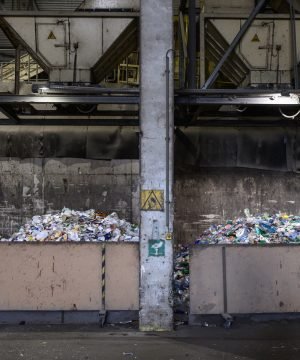WHO ARE WE?
Operator of the waste sorting plant (MBT) in the Vilnius region
We are the operator of the mechanical and biological treatment (MBT) plant in the Vilnius region. We have been successfully managing the mixed municipal waste of the Vilnius region since 2016. During the year, we sort and organize about 220,000 tons of waste at the factory.
From 2024 we started managing residents’ food waste, which is separated into orange bags and brought to our serviced factory together with mixed household waste.
We use the innovative technology of fly larvae for processing food waste, and we are one of the first in the world to apply it to the management of household food waste.

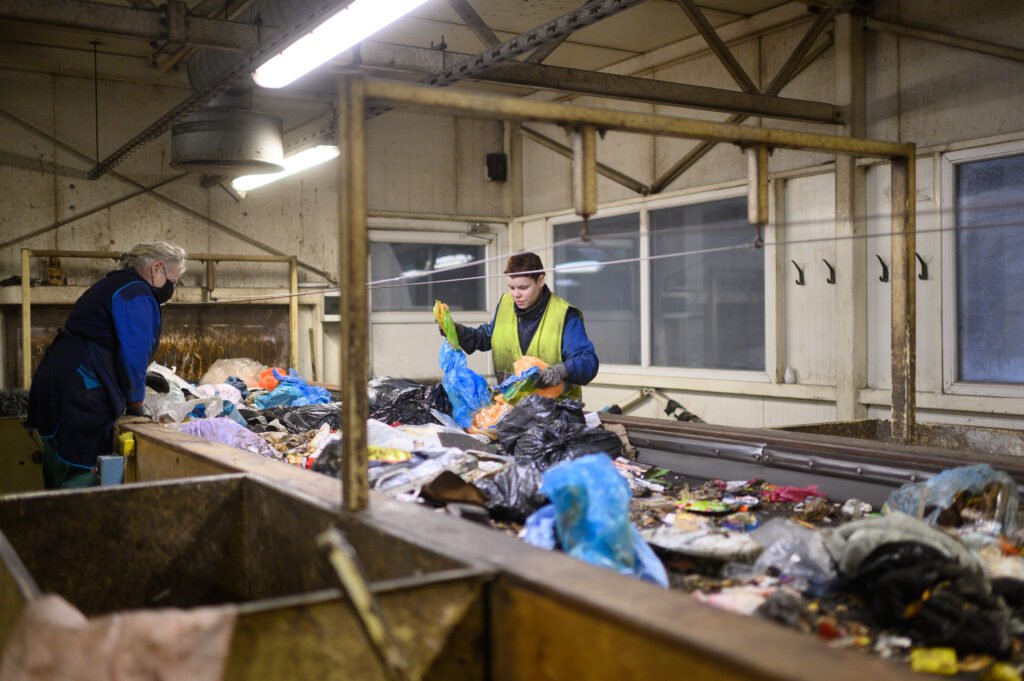
At our serviced factory, we follow the principle of circular economy – all delivered mixed household waste is sorted into secondary raw materials: metal, glass, various plastics, cardboard. We supply them for further processing. We turn waste that cannot be recycled into SRF product, which is then used in the cement industry.
We constantly invest in new technologies and are implementing EUR 10 million investment program, by which we purchased equipment for glass sorting, SRF product production, and innovative treatment of food waste with fly larvae.
Municipal and food waste is brought to our serviced waste sorting plant from the entire Vilnius county, which includes 8 municipalities: the city of Vilnius and the districts of Vilnius, Elektrenai, Trakai, Ukmerge, Salcininkai, Sirvintos, and Svencionys.
Mission
To help residents sort and manage waste efficiently.
Vision
Ensure a circular economy cycle by turning waste into new products.
Values
Zero Waste – we sort all waste and use it to the maximum.
Respect for people – we maintain good relations with employees, residents, partners, and institutions.
Innovation – we implement modern ways to improve waste management.
HOW DO WE WORK?
Exlore our factory
WE BELONG
Our certifications and memberships
Team
Meet our management team
Team members‘ contacts can be found by clicling on their names.
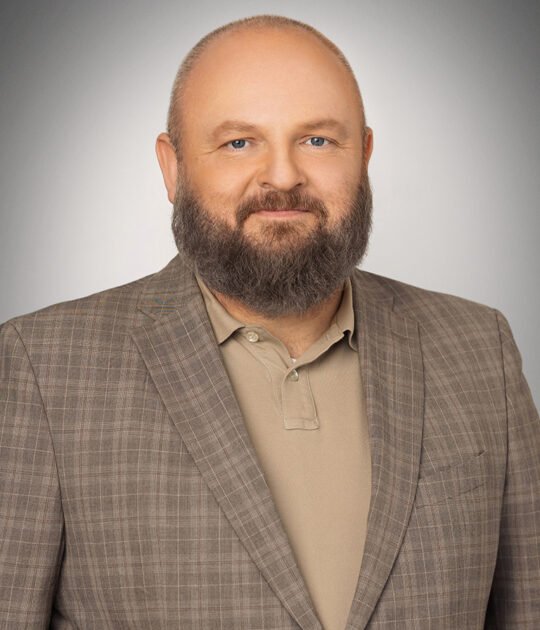
Algirdas Blazgys

Zygimantas Maciulis
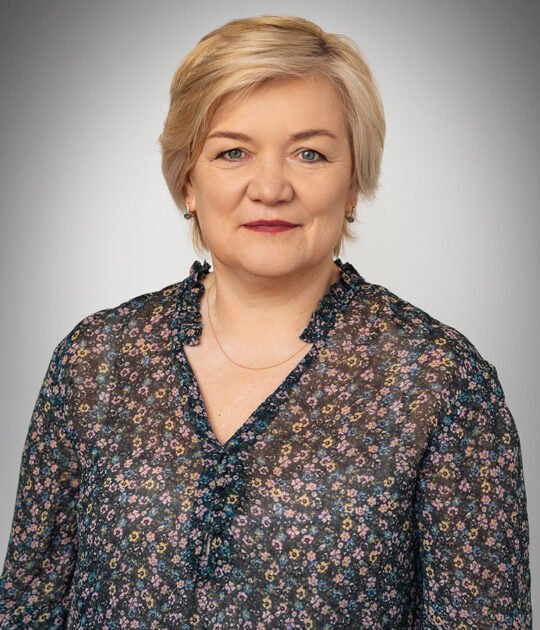
Ausra Kanceviciene

Diana Kodis-Jasiulevic

Linas Kybartas

Vaidotas Peciukaitis
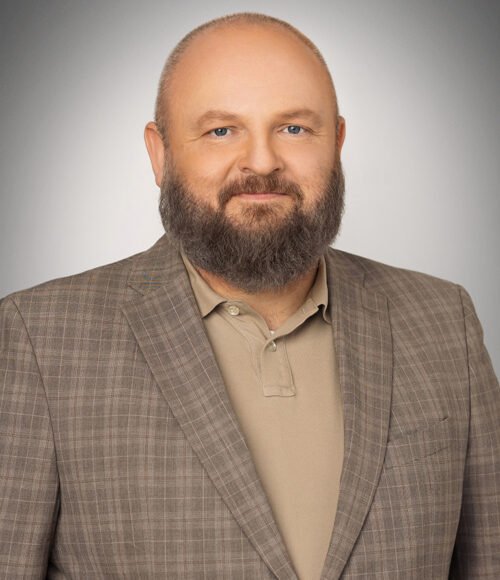
Algirdas Blazgys

Zygimantas Maciulis

Ausra Kanceviciene

Diana Kodis-Jasiulevic

Linas Kybartas

Vaidotas Peciukaitis
FACTORY
Waste in our serviced factory is processed in 5 steps
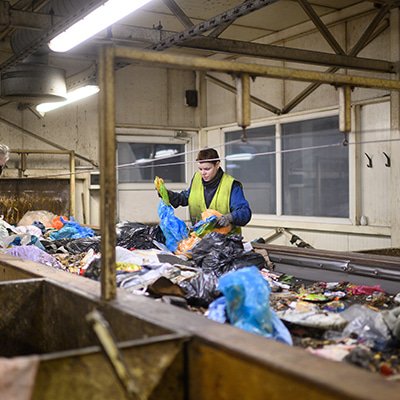
Manual sorting
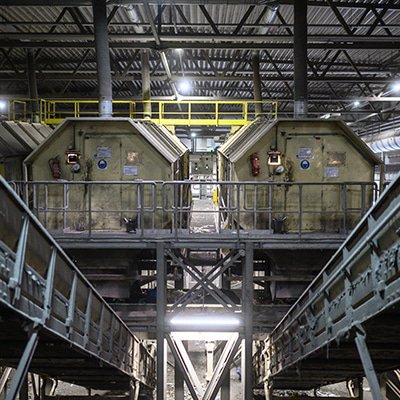
Rotary drum
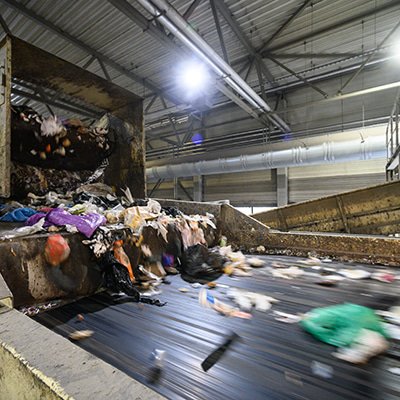
Magnetic separation
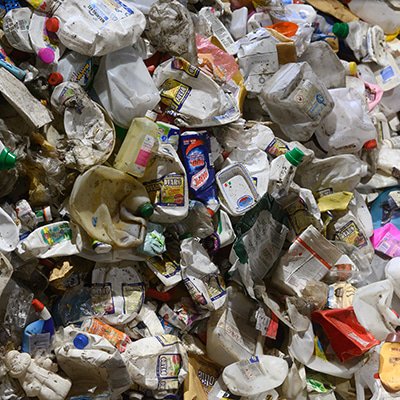
Optical separator
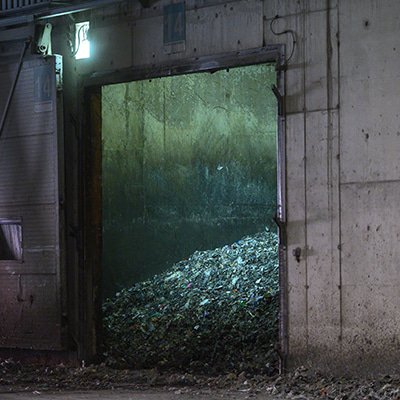
Ballistic separation
Interested in how our factory works?
WORKING RESPONSIBLY
We apply the highest quality standards in our operations

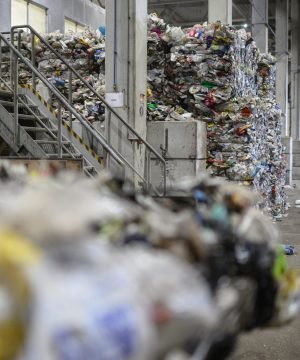
While working, we follow our company’s approved Quality Policy:
- We cultivate an organisation culture that is customer-oriented and solution-focused.
- We invest in prevention to reduce and avoid harmful impacts on the environment and negative consequences for employees.
- We strive to maintain good relationships with suppliers and customers, working only with reliable suppliers and contractors, and helping them to apply the same high-quality standards.
- We adhere to the principle of continuous improvement, organising practical training for employees and encouraging them to enhance their qualifications.
- We provide information openly and transparently to employees, local residents, institutions, and other interested parties.
WORKING CAREFULLY
We strive to operate sustainably in our serviced factory
Our key sustainability commitments:
- We use green energy in production, measure and reduce our impact on the environment and air quality.
- We adhere to equality, diversity, and inclusion policies. We respect, value, and involve all employees in the company's activities.
- We maintain connections with local residents, environmental communities, schools, and universities, offering free factory tours and educating about waste management.
- We aim to sort the maximum amount of secondary raw materials for recycling.
- From non-recyclable waste, we produce a certified SRF product for industry, which replaces fossil fuels and conserves natural resources.
- We manage food waste in an innovative way, creating new added value for the country and its residents.
- Our goal is to manage waste so that nothing needs to be sent to landfill.
